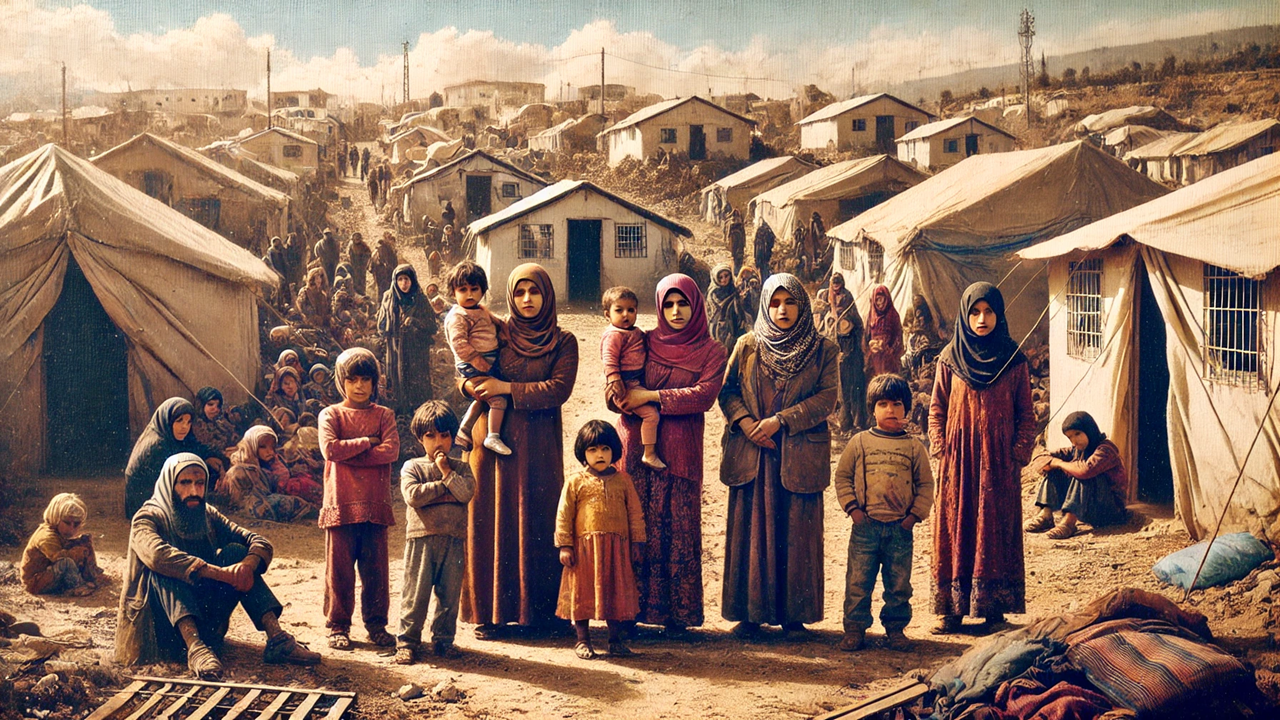ECW and UNHCR Launch $2.6M Initiative to Integrate Refugee Children into National Systems
The announcement, made at the Wilton Park event “From Commitment to Action: Refugees’ Inclusion in Education,” aligns with the ongoing commitments of the 2023 Global Refugee Forum.

The number of refugee children in dire need of quality education has surged to 14.8 million in 2023, highlighting the urgent need for sustainable educational solutions. In response, Education Cannot Wait (ECW), the global fund for education in emergencies, and the United Nations Refugee Agency (UNHCR) have announced a strategic $2.6 million Acceleration Facility Grant to bolster the inclusion of refugee children in national education systems worldwide.
The announcement, made at the Wilton Park event “From Commitment to Action: Refugees’ Inclusion in Education,” aligns with the ongoing commitments of the 2023 Global Refugee Forum. The three-year initiative is supported by $510,000 in earmarked funding from the United Kingdom’s Foreign, Commonwealth, and Development Office (FCDO).
Urgent Need for Refugee Education Support
“Every child deserves a quality and safe education,” said Alicia Herbert, Director for Education, Gender and Equality at FCDO. She emphasized the role of education in crises, stating that including refugee children in national education systems provides greater stability and equips them with foundational skills for the future.
Armed conflicts, climate change, and prolonged crises have exacerbated forced displacement globally, with UNHCR projecting the number of forcibly displaced people to reach 130 million by the end of 2024. Among these, nearly 15 million will be school-aged refugee children, increasing pressure on host nations’ education systems.
“Education is a lifeline for refugee children, offering a pathway to safer and more productive futures,” said Yasmine Sherif, Executive Director of ECW. “This grant, bolstered by FCDO’s contribution, transforms global commitments into actionable support.”
Strengthening Refugee Inclusion
The initiative supports the Global Compact on Refugees by advocating for the inclusion of refugees in national education systems, which ensures continuity in learning, certification opportunities, and access to structured education pathways. UNHCR’s Sajjad Malik underscored the importance of turning the Global Compact into actionable strategies, citing the need for innovative financing solutions to meet the associated costs of refugee inclusion.
The grant will focus on:
Strengthening Coordination Mechanisms: Ensuring efficient collaboration during emergency responses.
Enhancing National System Integration: Developing durable solutions for refugee inclusion in protracted crises.
Innovative Financing: Identifying cost-effective strategies to sustainably support refugee education.
Tracking and Evaluation: Providing evidence on the operationalization of the 2023 Global Refugee Education Mega Pledge.
Long-Term Impact and Collaboration
This initiative builds on ECW’s extensive experience in coordinating education responses during emergencies and solidifies its collaboration with UNHCR. By improving coordination mechanisms and integrating refugee children into national systems, the project aims to establish scalable and sustainable education models that benefit both refugees and host communities.
With the world facing an escalating refugee crisis, this grant underscores the global commitment to ensuring that no child is left behind, turning promises into impactful actions for millions of refugee children worldwide.
- READ MORE ON:
- Education Cannot Wait
- UNHCR
- Children
- Global Refugee Forum
- Alicia Herbert










